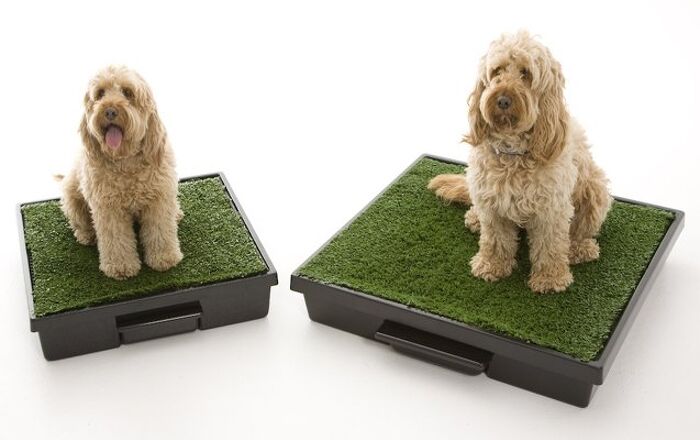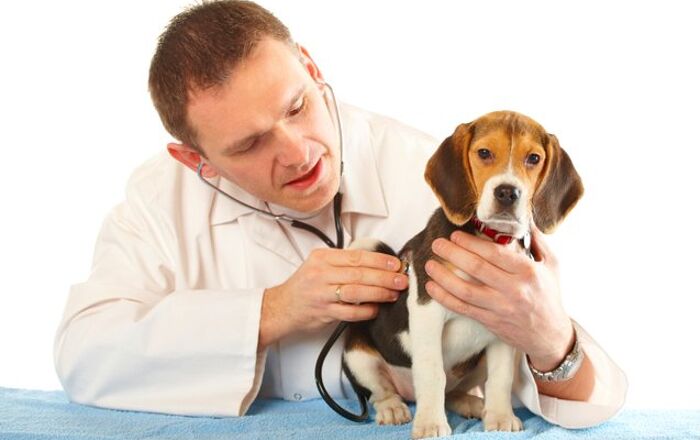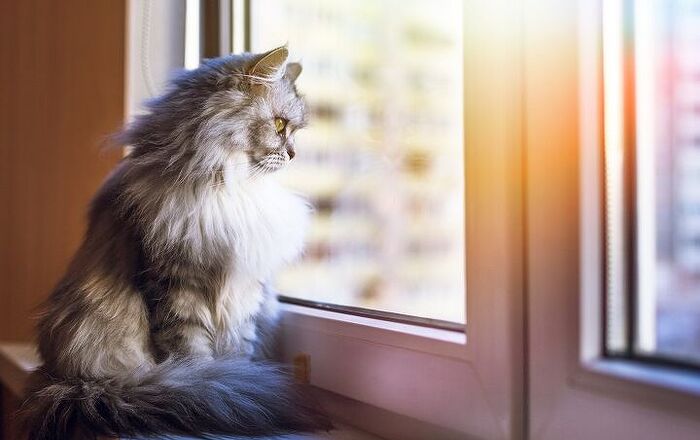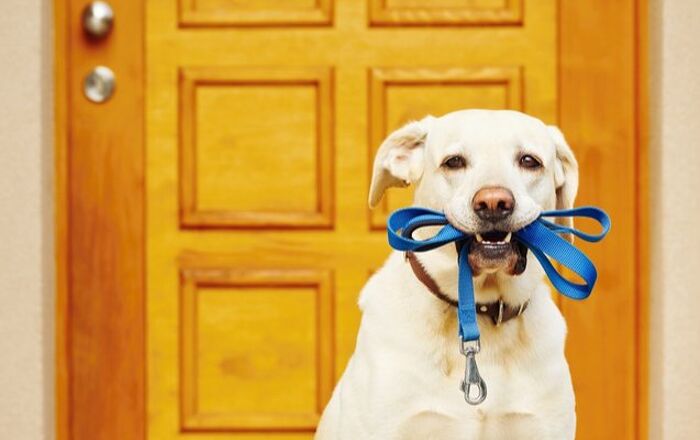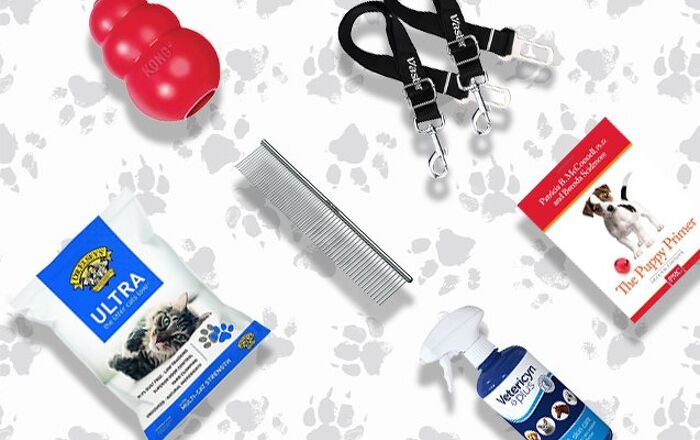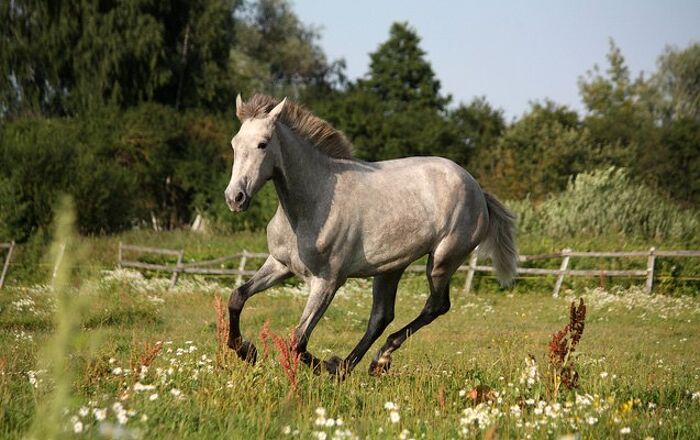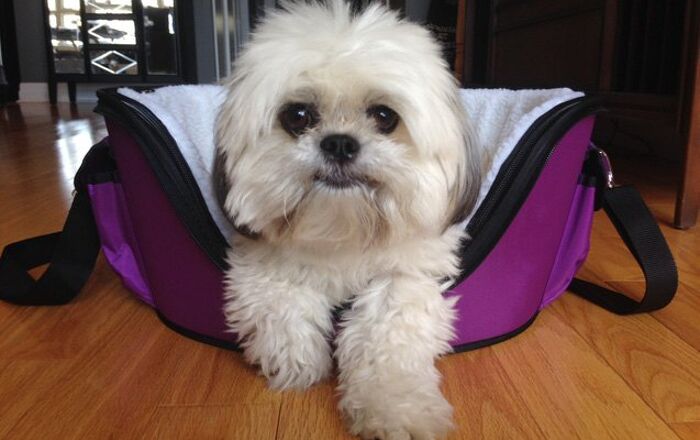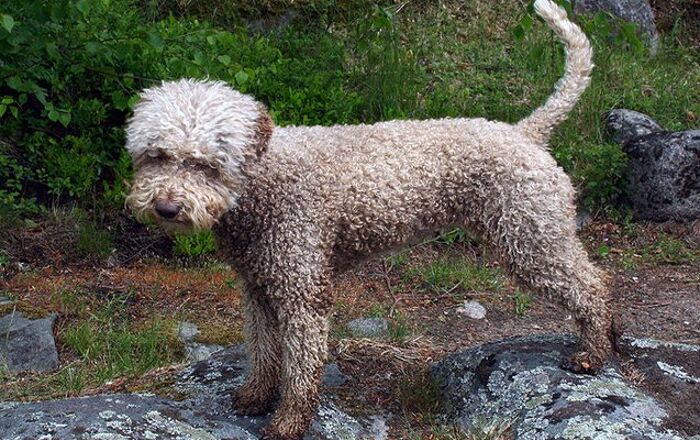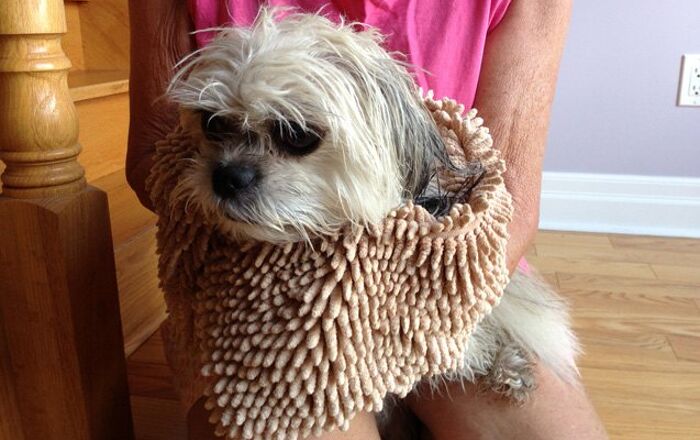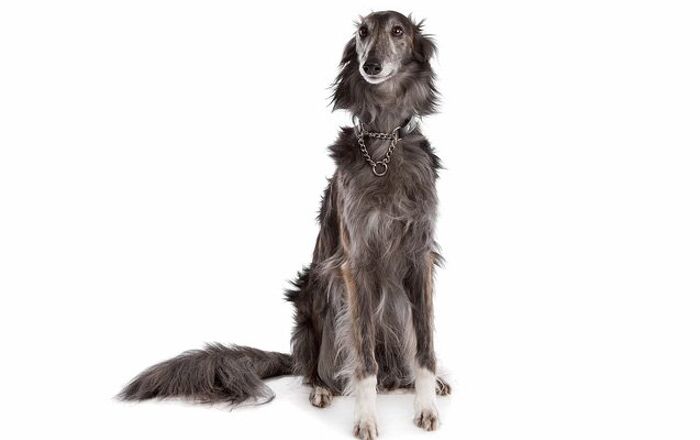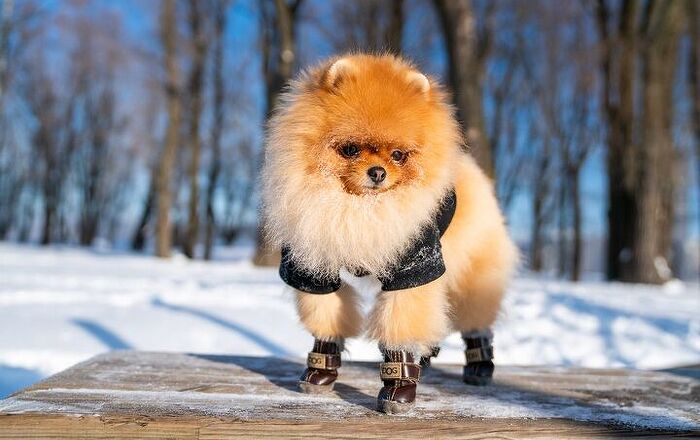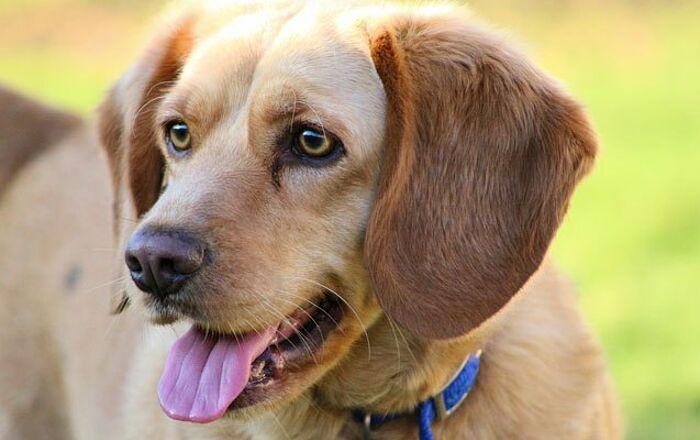
Being a pet owner is not all tail wags and cute puppies- there are some seriously nasty issues you’ll have to deal with if you have a dog, and one of the top contenders on the yucky list is definitely dog diarrhea. Here’s how to treat it and help your pooch overcome this smelly problem.
We’ve all been there. You wake up in the morning to an unfortunate smell. You try to figure out what is causing the order and then you see it: a putrid Jackson Pollock painting all over your floor. Your dog is ashamed. You’re disgusted. The smell is unbearable. The cleaning is going to be unpleasant. It’s a bad day to be a puppy parent all around. Of course, it’s always important to never blame your furry friend for this sort of mess. It’s not your doggo’s fault. In fact, they are unwell. Now is the time to show your pup extra love and care. It’s a tough day for your entire furry family, but one that every dog owner knows all too well.
When your dog has diarrhea, it can be a bit scary. You don’t know what caused it and you don’t want your fur baby to feel crappy (no pun intended…well, maybe a little bit). Oscar has a delicate belly, so any changes to his diet bring on a bout of the poops that can last anywhere from a day to almost a week. Now that I’m a bit more of a seasoned Pet Parent (which means I don’t run him into the vet at the first sign of sickness), I’ve picked up a few tips that have gotten me through when my dog has diarrhea. Today, I’m going to share everything that I know about doggy diarrhea, and I have to admit, it’s a lot more than I ever wished to know. Consider it my little way of making the world a better (ie. less stinky and messy) place.God knows I would have appreciated it if someone spilled all the beans to me when my dog first got diarrhea!
What Causes Diarrhea in Dogs?
The first thing to deal with is trying to get to the root of the problem. The diarrhea part is (painfully) apparent, but the million dollar question is what’s causing it. In my case, there weren’t any more serious issues provoking the diarrhea, but rather it was a simple reaction to the meals I’ve been feeding Oscar- it’s clear now that he has a much more sensitive tummy than I realized. Now that I know that most of the time my dog’s diarrhea is caused by a dietary imbalance, I am much more careful with what I feed him. It might sound too repetitive to be enjoyable, but I don’t have the luxury of switching between kibble brands or trying out various different types of foods to begin with when I know my reward for culinary experiments or treats will be a bout of loose stool. I tend to stick to the same dry dog kibble (a mix of low-fat Royal Canine and Acana formulas), with the occasional tablespoon of meaty stews that I make from scratch. Anything more than that sets his bowels into overdrive and I get instant regret that I strayed off the beaten path, so to speak. He’s got such a sensitive little stomach, so it’s important that I take great care in what I feed him- it might feel like a treat to give him something out of the ordinary or something that resembles a cheat meal for us humans, but it ends up being more torment than treat, both for him and for me.
But it’s not always inadequate meals that cause dog diarrhea and gastrointestinal issues. Doggy diarrhea can also be linked to a series of causes, some less and some more severe. Your dog may have eaten something off the floor or street that disagreed with his stomach. You may have switched foods and he’s having issues adjusting to the new diet. Perhaps a new medication he’s taking isn’t sitting well with him. Even stress or excitement can bring on a case of the poops. And there are plenty of intestinal parasites and viruses out that can be ingested through food, water or other sources (like animal poop – gross!). In addition to causing diarrhea, parasites and viruses can also wreak havoc on your pet’s overall health so it’s important to react quickly and consider all of the symptoms- if there are any in addition to the diarrhea, to try and approach the problem properly. There’s no one answer to determining the cause of doggo diarrhea, but thankfully there are solutions that should help in almost any instance of puppy poop parades.
While a visit to the veterinarian would be an ideal way to determine the cause of doggy diarrhea, that’s not always possible. First, diarrhea can happen at all times of day and night and sometimes even multiple times a year, so going to the vets every time your pooch poops weirdly would put a strain on your budget and your poor pupper’s mood- as if diarrhea wasn’t enough of a pain, you add vet visits to it. When my dog has diarrhea, I try these tips before bringing him to the vet, just to eliminate any potential issues I know don’t require immediate emergency vet care.
When Diarrhea in Dogs Requires a Trip to the Vet
Even though in some cases diarrhea is a passing problem that’s nothing more than an inconvenience, not all doggy diarrhea problems can be solved on your own. Quite often your doggo’s diarrhea is merely the symptom of a larger problem that desperately needs to be addressed by a licensed medical professional. The tips outlined above are the ones I use for mild and occasional doggy diarrhea that isn’t followed by other suspicious symptoms. If your doggy is suffering from extreme diarrhea or the pooping problems last longer than 24 to 48 hours, you need to bring your dog into the vet’s ASAP. As a pet parent, you know your dog best and should act accordingly. Here are some serious signs to look for to identify a deeper problem:
These could be signs that point to a serious condition that requires immediate medical intervention. Your vet will want to run some diagnostic testing on your dog’s feces to determine the cause and the best treatment. Just bear in mind that diagnosing the reason for your pet’s loose stools may prove a bit challenging. Sometimes, it’s as simple as a fecal test, but if that doesn’t yield any conclusive answers, your vet might need to order additional tests, such as ultrasound, x-rays, endoscopy, and lab work, as a few examples. Your doggy diarrhea day could quickly transform into a major medical situation quite quickly. So it really is important to take your dog to the vet if their pooping problems persist.
These could be signs that point to a serious condition that requires immediate medical intervention. Your vet will want to run some diagnostic testing on your dog’s feces to determine the cause and the best treatment. Just bear in mind that diagnosing the reason for your pet’s loose stools may prove a bit challenging. Sometimes, it’s as simple as a fecal test, but if that doesn’t yield any conclusive answers, your vet might need to order additional tests, such as ultrasound, x-rays, endoscopy, and lab work, as a few examples. Your doggy diarrhea day could quickly transform into a major medical situation quite quickly. So it really is important to take your dog to the vet if their pooping problems persist. With fast reaction and start of the treatment, the odds are always better for your pet- so don’t let your hesitation cause any issues if there’s any doubt that there are more serious conditions behind diarrhea.
Tip: Sure, it’s gross, but taking note of the color and consistency of your pooch’s diarrhea can be really helpful when you need to tell the vet about what’s been going on. Letting your vet know these details, and discussing anything else that seems amiss, can help him or her reach an accurate diagnosis. You might even want to consider taking a picture of the poop before clean up. Again, this isn’t exactly pleasant, but it could make all the difference in helping your vet identify the cause of your poopy problem.
Here Are Some Tips for Helping to Prevent Diarrhea in Dogs
Now time for some good news: if you can figure out the triggers for your dog’s diarrhea, you can easily take steps towards preventing it. Doggy diarrhea is often a preventable problem. So, these tips could save you and your floor some serious trouble.
Generally speaking, it’s a good idea to avoid changing your pet’s diet suddenly. Gradually introduce a new food by adding a bit of it to your dog’s old food every few days. So, for example, you might start with a mix consisting of 25% of the new food and 75% of the old food, before switching to 50/50, followed by 75% of the new food, and then finally serving your pooch 100% of the new food. That way, your dog’s body has enough time to adjust to the change. Springing new food on your pup is a mistake that can easily cause tummy troubles.
If your dog likes to scavenge, keeping an eye on him and stopping him from doing so might help prevent him from ingesting something that can hurt his tummy. You wouldn’t feel good if you tended to eat random things that you found on the ground and your doggo is no exception. Also, if table scraps tend to cause him to have diarrhea, stick to feeding him only dog food. And finally, to further help protect your pooch while he’s out and about exploring the world, keep him up-to-date on necessary vaccinations and deworming medications. This is an important tip to protecting your doggo’s health, regardless of the nature of his poops.
Home Remedies Are Worth a Try, But You Might Need Your Vet’s Help
Sometimes, all it takes is a bit of home care for your canine companion to get better when he has diarrhea. It’s important to be patient and call your vet if you have any questions along the way. However, if your dog’s condition doesn’t improve, or if other symptoms become apparent, an appointment with your vet will allow you to give your pooch the best treatments for his digestive health.
Now, what do you do if your dog has a case of mild diarrhea? Please leave your tips in the comment section below. We would absolutely love to hear all of your solutions to this poopy problem.

